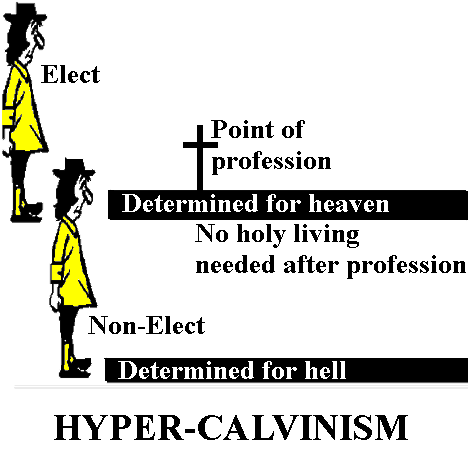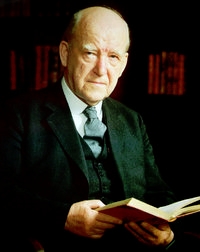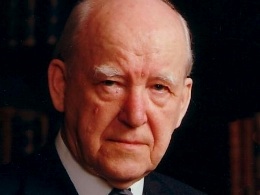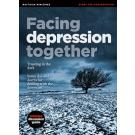D. Martyn Lloyd-Jones once observed that "the ignorant Arminian does not know the difference between Calvinism and hyper-Calvinism."
The good news is that not all Arminians are ignorant. The bad news,
however, is that such ignorance is not limited to Arminians.
Throughout evangelical history, where evangelical Calvinism as spread among Bible believing Christians, charges of hyper-Calvinism inevitably arise from those who do not know the difference. That pattern is being repeated today both within and beyond the borders of the Southern Baptist Convention. Examples of such careless accusations are not hard to find.
One of the most recent and most egregious came in the exhibit hall during the recent Southern Baptist Convention in Houston, Texas. On Monday, June 10, 2013, the day before the convention actually began, Baptist21 interviewed the president of Louisiana College about the treatment of some Calvinistic professors whose contracts were not renewed by the administration. In the course of responding to questions that he had been sent in advance, Dr. Joe Aguillard (though he probably would not identify himself as an Arminian) proved Lloyd-Jones' point. Continue at Founders
Throughout evangelical history, where evangelical Calvinism as spread among Bible believing Christians, charges of hyper-Calvinism inevitably arise from those who do not know the difference. That pattern is being repeated today both within and beyond the borders of the Southern Baptist Convention. Examples of such careless accusations are not hard to find.
One of the most recent and most egregious came in the exhibit hall during the recent Southern Baptist Convention in Houston, Texas. On Monday, June 10, 2013, the day before the convention actually began, Baptist21 interviewed the president of Louisiana College about the treatment of some Calvinistic professors whose contracts were not renewed by the administration. In the course of responding to questions that he had been sent in advance, Dr. Joe Aguillard (though he probably would not identify himself as an Arminian) proved Lloyd-Jones' point. Continue at Founders














